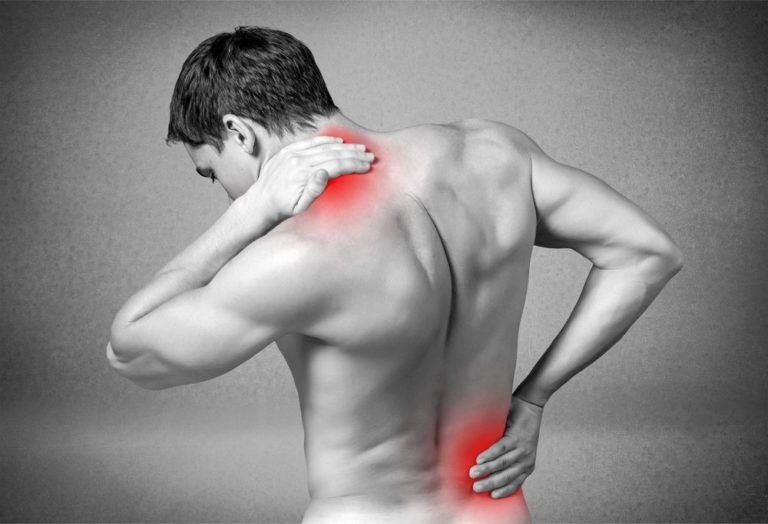Polymyositis

Polymyositis is an inflammatory disease that causes the body to produce antibodies against its own tissues. It is characterized by the progressive muscle weakness it causes – particularly among muscles closest to the trunk of the body. Other symptoms may include joint tenderness, speech impairment, shortness of breath, fatigue or difficulty swallowing.
Did you know?
Because polymyositis is a progressive disease, it may be difficult to identify symptoms when they first begin. Furthermore, many people with polymyositis experience symptom variations that may vary in severity and frequency, further complicating a diagnosis. It is not known what causes the disease nor which types of stimuli may trigger attacks, but treatments are available to help prevent them and minimize their severity.
Frequently Asked Questions
What types of factors could put me at risk for developing polymyositis?
Polymyositis is most common among adult women – especially those between the ages of 40 and 60. However, anyone of any age or gender can develop the disease, including children between the ages of 5 and 15.
What types of treatments are available for polymyositis?
Examples of polymyositis treatments include immunosuppressant therapies, TNF-inhibitors, physical therapy, and dietary modifications. Ongoing treatment can also help patients regain lost muscle tone and function.
Is there anything I can do to help facilitate treatment for polymyositis?
One of the most effective steps you can take to help manage polymyositis is to avoid physical activity until your rheumatologist contains the disease and symptoms begin to improve. Speak to your caring and dedicated staff today.